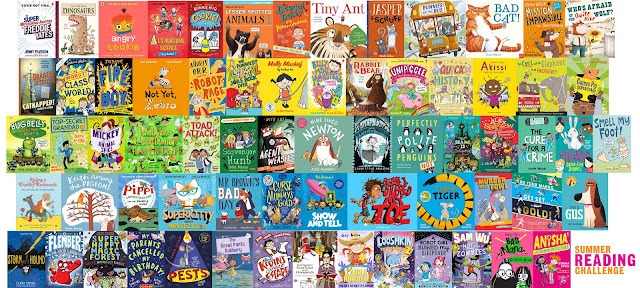We all know that writing is tough. Really tough. Sometimes it’s a wonder why we
keep putting ourselves through it, which got me thinking… why do we?
The science behind what happens when we write and partake in writing activities is actually quite
fascinating. Our brains and bodies are constantly undergoing complex chemical
processes that we can modify with simple, daily actions. As it turns out, being part of the writing community releases lots of happy chemicals into our brains, which make us feel good and are
good for us, too.
Let’s dig a little
deeper.
Dopamine:
Dopmaine is known as the reward chemical. When you sign a deal, hit a word count target, or finish a draft you receive a pleasurable hit of dopamine in your brain that tells you you’ve done a good job. This is why it is important to set SMART targets for yourself and celebrate little wins. No matter how big or small, when you complete a task the dopamine is released and the chemical does its ‘feel good’ job.
You can also get a dose of dopamine when you
perform self-care tasks or acts of kindness toward others. Volonteering has
been shown to increase dopamine as well as having other long-term health
benefits. So those of you who volunteered to be mentors in the Write
Mentor Agent Showcase, or who volunteer for roles in organisations like SCBWI,
will be receiving a dollop of happiness thanks to dopamine. See? Your generosity
and kindness goes a long way!
Oxytocin:
Oxytocin is known
as the love hormone. You can get it by playing with a dog or a baby, but also
from giving a compliment. It helps us adapt to emotional and social situations
and contributes to us feeling close and bonded with others. The writing
community is a wonderful place – if you’re a part of it, you’ll know exactly what
I mean. Oxytocin is the reason why it feels good to tell an author or
illustrator you loved their book, to wish them well on publication day or to
post a review telling them all the reasons you LOVE their work. Yes, it’s as
easy as that! A dose of this happy hormone is released just by you being kind and thoughtful to another person.
Oxytocin is important
for us, too. It helps us form trusted relationships with our peers, which in
turn supports us to take risks and stay resilient in the face of challenges –
of which, of course, there are many in the writing world.
Serotonin:
Serotonin is a
mood stabilizer. We can get it from exposure to sunlight and in activities such
as walking and swimming.
If you’re a creative who likes to take outdoor ‘troubleshooting’
breaks, to think on a problem or solve a plot hole, the serotonin that is released
will also be helping to improve your mood.
Is
anyone else a creative napper? If I’m struggling to find a way forward, I often
close my eyes and take a short daytime nap where I dream about my story or
character. Not only does a nap boost my energy levels, a creative nap can also help me connect with my subconscious, which is great if you believe you already have
all the answers to those pesky plot holes somewhere in your brain! Serotonin rewards
us when we part-take in mediation-type activities, so you’ll also get a burst
of happiness chemicals as well as feeling energised and inspired, too!
Endorphins:
Endorphins are
known as the pain killing chemical because they release a brief sense of euphoria
that masks physical pain. Laughter and exercise are two simple ways of increasing
your endorphins, which have been linked to relieving the effects of anxiety and depression.
When it comes to writing,
if you’re working on a comedy or writing a funny scene and making yourself laugh, you’ll be activating a
good dose of endorphins. Reading funny books will also boost your happy hormones.
In a race, endorphins help you ‘power through,’ pushing harder and further to
achieve your goals. So, as well as making you feel good, endorphins will be
helping you stay motivated on your writing journey – which let’s face it, can
be a bit of a marathon!
So, it turns out there’s a whole lot more to a writer's happiness than just the book deals! Together these four happiness chemicals create desirable brain states and feelings, that make us feel good, and keeping us coming back to writing again and again, despite the many challenges it brings. They're pretty good for our health, too.
Now you understand how writing affects your feel-good hormones, you
might be able to trigger them more often!
So, what are you going to write today?
A blog? A journal? A letter? A chapter of your WIP? Some poetry or free writing? Perhaps you’re going to take a creative nap, take a brisk walk or write a review for a book you enjoyed recently.
Whatever it is… enjoy!_+
You can read more about ‘Happiness
Chemicals and How to Hack Them’ here.
Clare is the author of fiction and non-fiction picture books and early readers. She is passionate about using creativity and the arts to promote a love of learning and emotional well-being. Clare also works as a Write Mentor tutor, is the Write Mentor Picture Book Writer in Residence (2021) and offers a manuscript critique service and 7 week Picture Book Course.
Clare is represented by Alice Williams of Alice Williams Literary

























